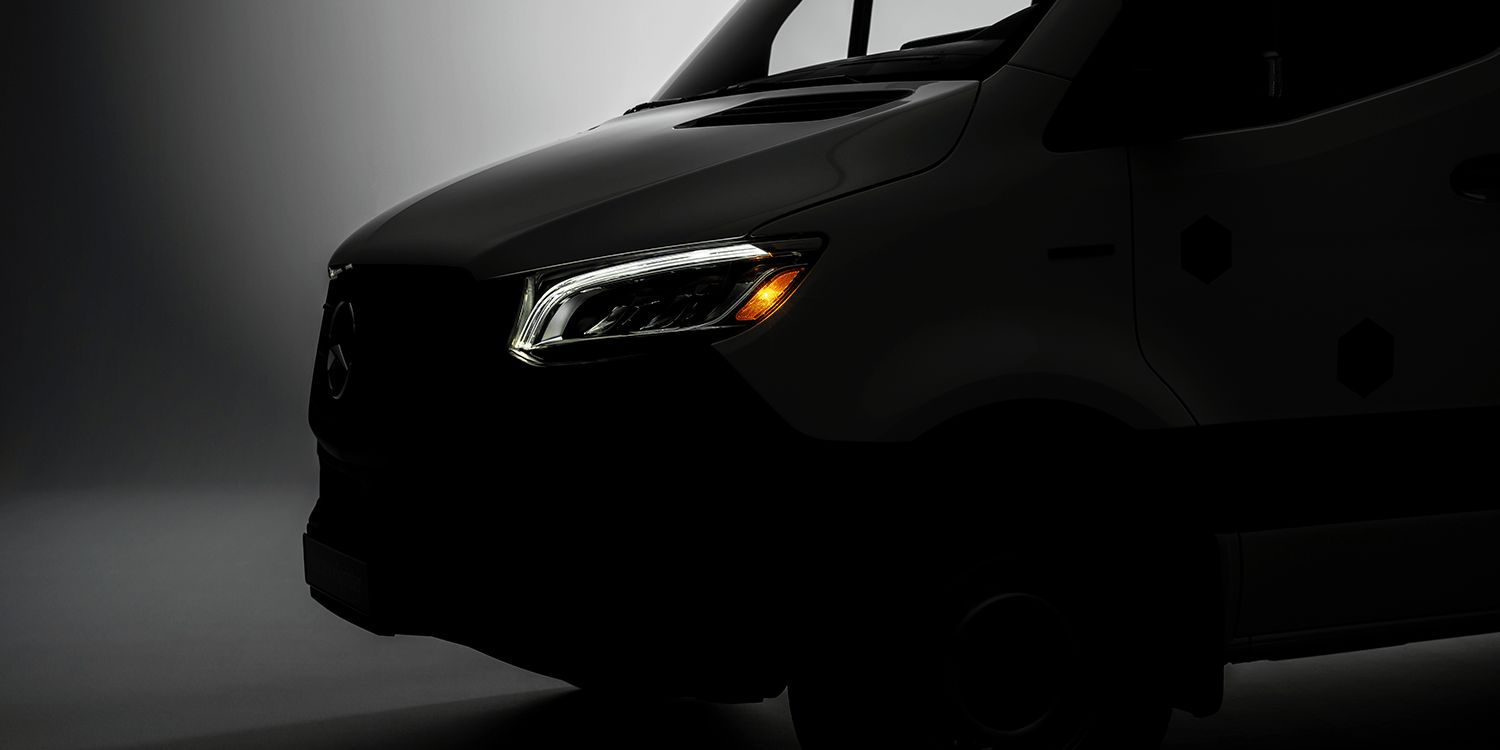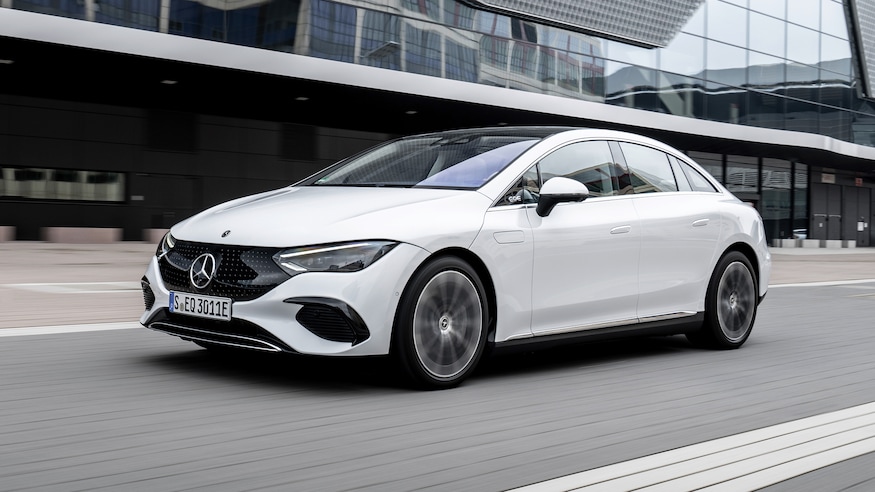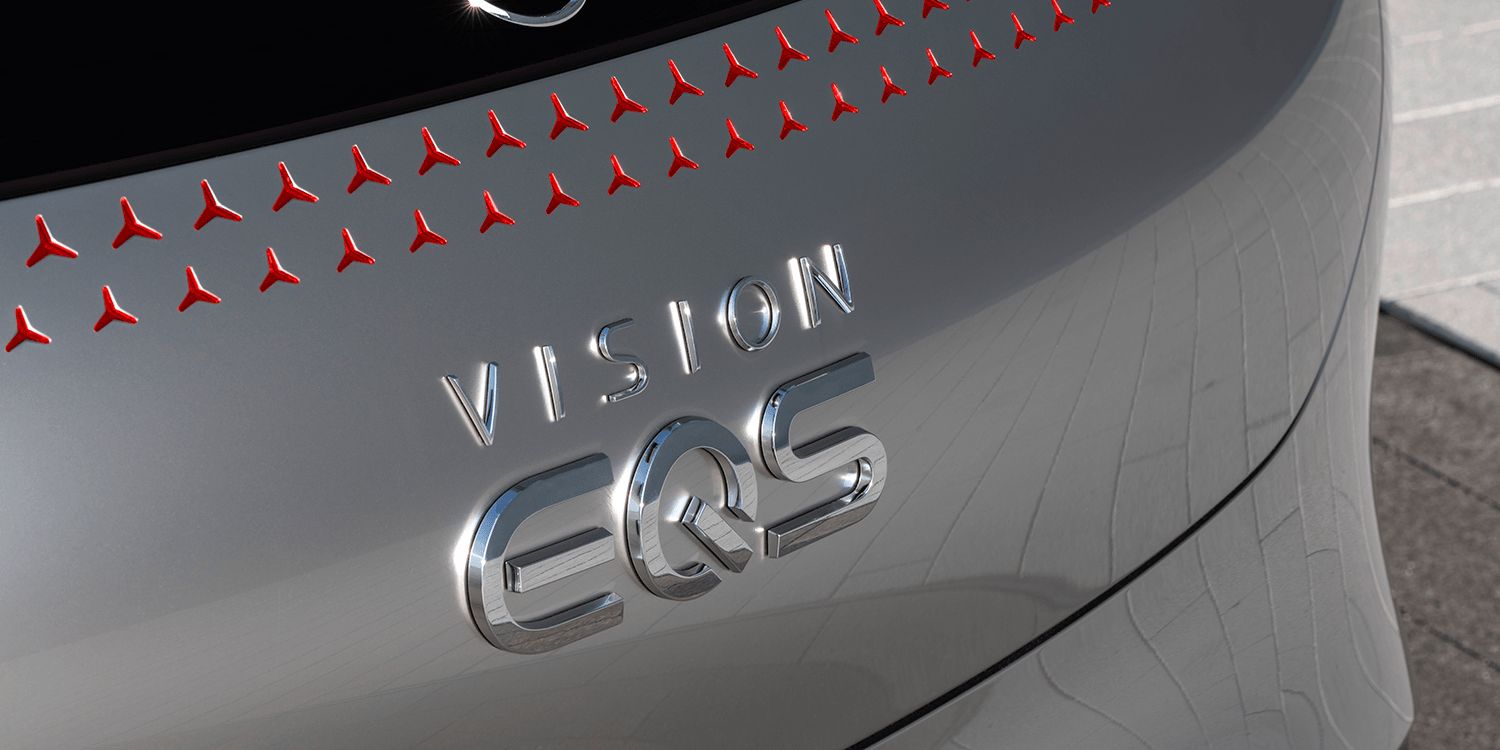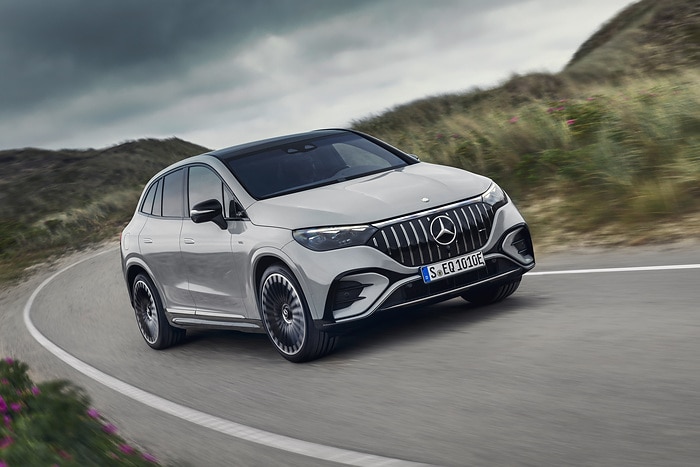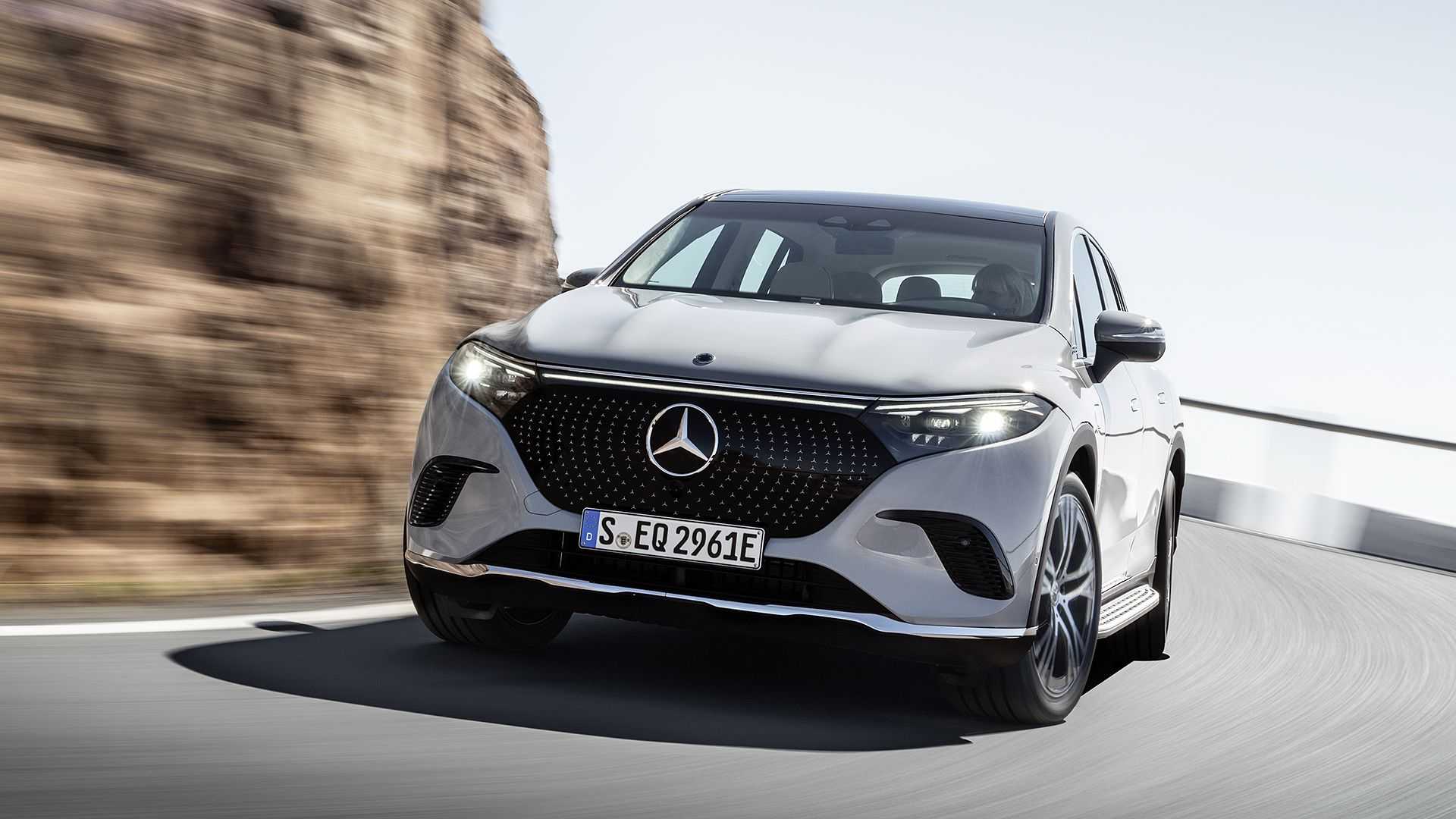Mercedes-Benz Vans plans to manufacture and release the VAN.EA electric platform on three different continents starting in 2025. This move is in response to the increasing demand for electric vans, even though it is not expected that the segment will fully transition to electric in the near future, based on Mercedes’ projections.
“In perspective, we also want to build VAN.EA models at our sites in the USA and China,” Mercedes Vans boss Mathias Geisen told the German publication Automobilwoche. “It is a global architecture.” However, Geisen did not name concrete models or annual figures for the market launch of the VAN.EA models in the USA or China. In the USA, the Sprinter has so far been built as a pure combustion engine model in Charleston (South Carolina), while in China the V-Class is built for the local market in Fuzhou.
Mercedes-Benz Vans operates factories in Germany at Düsseldorf and Ludwigsfelde, and it will add a facility in Spain and plans to produce vehicles in Poland in the future. The company announced a restructuring of its European production network for the upcoming generation of electric vehicles in September 2022.
The Jawor project in Poland was initially set to be developed in partnership with Rivian, but the latter company withdrew from the plans. Mercedes is now proceeding with constructing the factory on its own. “Of course, a cooperation with Rivian would have provided additional cost benefits in terms of building and operating the Jawor plant,” said Geisen, Head of the Mercedes-Benz Vans. “However, the decision was made based on the business case regardless of a potential partnership.”
It should be noted that the plans to produce the open-top VAN.EA models in Düsseldorf, and to make Ludwigsfelde an e-mobility center, were not guaranteed during the replanning of production. According to Geisen, this was only feasible due to the integration of the Jawor site.
While Geisen, who took over the van division in the beginning of 2022, has emphasized electric mobility in his strategy, he does not anticipate the combustion engine to be phased out by the end of the decade, unlike in Mercedes’ passenger car division. “We are looking to maximize our share of electric mobility, but the van division will not be fully electric by 2030. However, I expect electric vehicles to make up more than 50 percent of new vehicles”.
Mercedes‑Benz Vans delivers 14,700 electric vans in 2022, up 15% year-on-year

